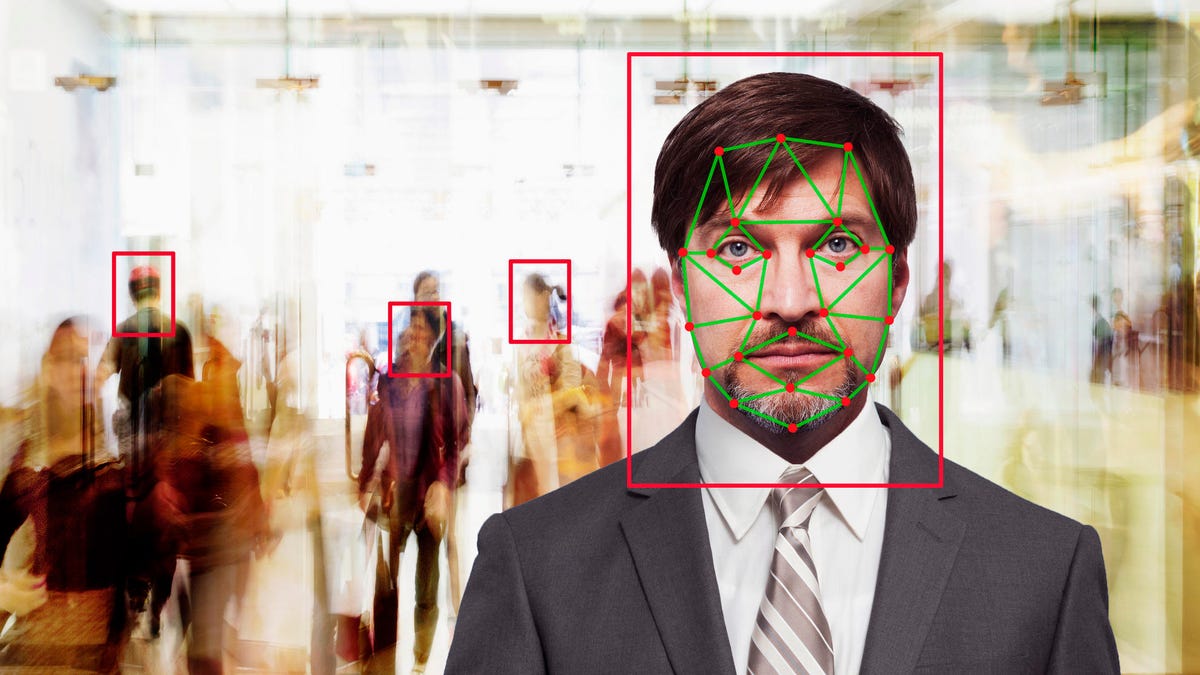Facial recognition helped identify suspects in Novichok poisoning case
The controversial tech may be useful in chasing criminals.

Facial recognition has helped police identify suspects before.
UK authorities used facial recognition technology to identify two suspects in the nerve agent poisoning of a former Russian double agent and his daughter earlier this year, CNN reported on Thursday.
Police discovered two "fresh identities" on surveillance camera footage who are believed to be involved in the Novichok poisoning of Sergei Skripal and his daughter Yulia in Salisbury in March, the network reported, citing an unnamed source. The footage, taken at UK airports and Salisbury, was analyzed by facial recognition software, the source said.
The pair weren't known to be spies and were traveling under aliases, the source said. It isn't clear if they are Russian.
Facial recognition remains controversial technology, but has helped police identify suspects before. Maryland police used the technology to identify the name of a suspect captured after he shot journalists at the Capital Gazette in Annapolis in June. Five people were killed in the shooting.
The Salisbury, Wiltshire, Police Department didn't immediately respond to requests for comment.
The UK Metropolitan Police declined to comment.

